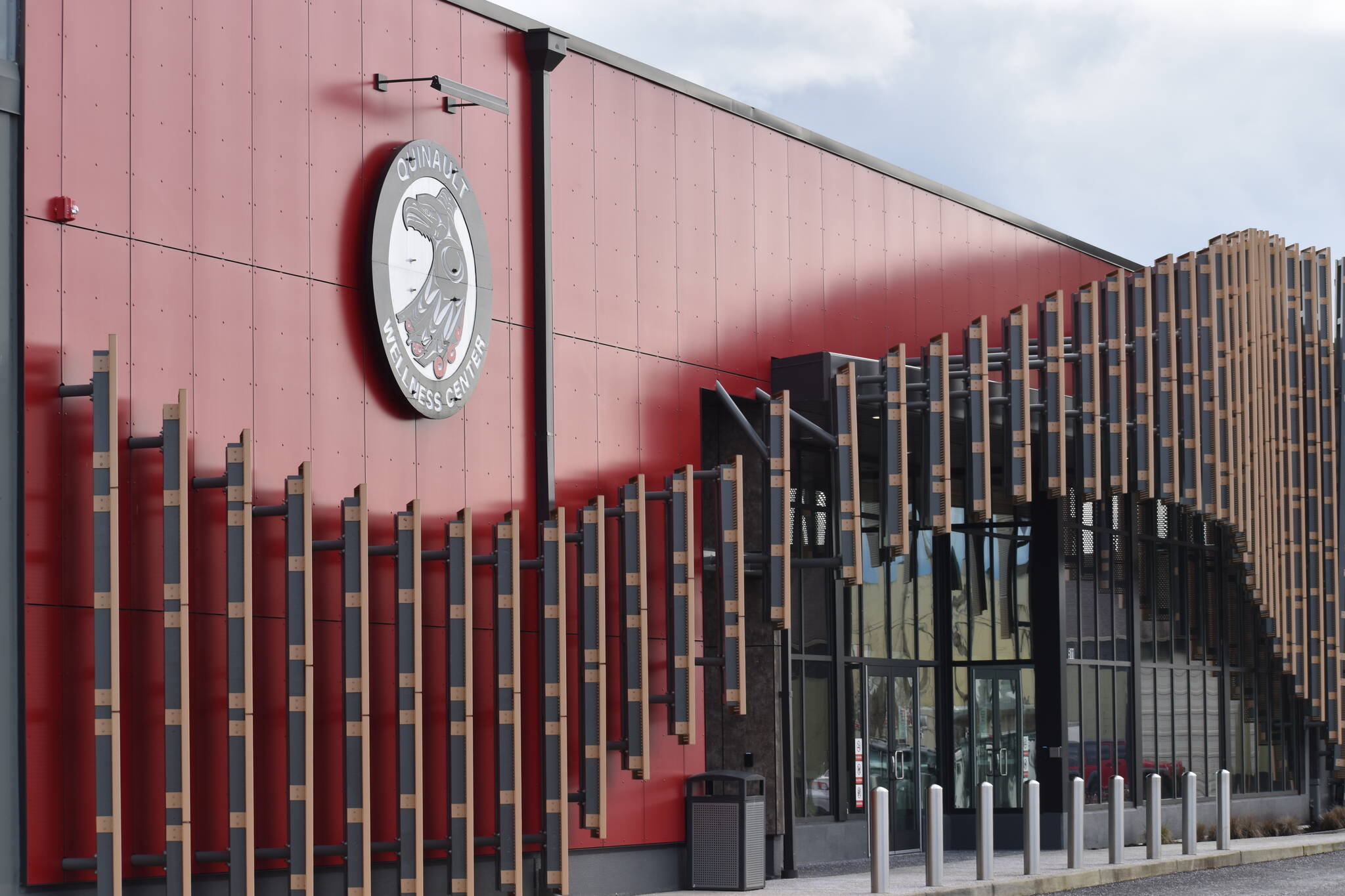As the state Legislature’s 2024 short session winds down, the Legislature passed a final capital budget Wednesday afternoon that includes $48 million for projects across Grays Harbor County, among the highest sums in the state.
The $1.3 billion in allocations statewide is an unusually large number for a supplemental budget. Legislators had the luxury of two new major funding sources: $688 million generated from the Climate Commitment Act’s carbon allowance auctions, and money generated by the state’s tax on capital gains.
The budget’s largest investments fall under school construction, behavioral health and affordable housing.
“This budget works with local partners to build projects and create jobs in every corner of the state,” said 24th District Rep. Steve Tharinger (D-Port Townsend), House Capital Budget Chair. “It also puts serious funding toward solving two of our biggest challenges: affordable housing and the need for behavioral health facilities.”
For the whole of Grays Harbor, the Legislature’s compromise landed on a higher sum than either of the previous proposals from the House or Senate. Earlier budgets suggested $17 million and $44 million, respectively.
The largest difference between those earlier budgets was a $25 million Climate Commitment Act allocation to the Quinault Indian Nation for a forest land acquisition on the reservation. The money, which was left out of the initial house budget but fully included in the compromise, will help the tribe buy back 11,000 acres of private timberland that fell out of tribal ownership after the federal government divided the reservation into allotments in the late 19th century.
On the purchased lands, the tribe plans to reduce commercial timber harvest in sensitive areas, instead prioritizing conservation, habitat restoration and management for traditional uses. It’s estimated the project will result in an additional 3 million tons of carbon sequestration over the next 20 years — the equivalent to emissions of 33,000 cars.
“With this funding we would be protecting sensitive rivers, habitat and big game, and using trees for carbon sequestration,” Quinault Indian Nation President Guy Capoeman told the House Budget Committee during a hearing last month.
Lawmakers also allocated $2.5 million in Climate Commitment Act dollars to the city of Hoquiam for the purchase of new recreational and working forest lands. Through the state’s community forest program, the city plans to buy 400 acres of land that will generate timber revenue and host walking and biking trails.
Two salmon recovery projects also secured funding through the capital budget at about $2 million apiece. Those include culvert repairs to allow fish in Damon Creek near the Humptulips River to pass under Kirkpatrick Road, and a restoration project at the headwaters of Schafer Creek, which drains into the West Fork Satsop River from the mountains east of Wynoochee Lake.
Allocations to tribal behavioral health centers were the next largest local benefactors of the budget. The compromise pours $83 million — about half of which was to tribally-run facilities — into behavioral health centers statewide, including $7.8 million for the Quinault Wellness Center in Aberdeen to expand capacity and $3 million for a renovation to the Chehalis Wellness Center in Oakville.
With nearly $8 million, the Quinault Wellness Center plans to purchase a nearby administrative building and expand the east side of its current facility, potentially doubling its capacity to treat patients. According to Jason Halstead, chief operations officer for the wellness center, the treatment facility has reached capacity with 250 people currently admitted.
The wellness center, which provides mental health and substance use treatment for both tribal and non-tribal patients, opened in October 2022.
Halstead said a big part of the expansion will focus on increased dental services, which helps substance use patients in a variety of ways.
“The amount of work that has gone into building the wellness center has been monumental,” Halstead said. “It’s opened treatment availability and access to treatment within pretty much all of Grays Harbor County, and some of Pacific and Jefferson counties.”
“It’s a beacon of hope,” he said.
The budget also delivers a boost to state school construction programs including $114 million for the Small District and Tribal Compact Schools Modernization program, which is intended for rural districts that struggle to pass bond measures. Through that program, the North Beach School District received a $5.2 million construction grant and a $32,000 planning grant.
The legislature also increased the state’s School Construction Assistance Program formula from $271 to $375 per square foot.
The budget also outlines $128 million in spending from the states housing trust fund, although no project specific to Grays Harbor was included from that fund. However, $20 million from the account will go toward “unsheltered homelessness” projects and another $13.5 million will fund the “acquisition and preservation of mobile homes.”
Raymond Manor low-income senior housing also received $1.5 million.
Other miscellaneous projects include $515,000 for “Montesano Child Care” and the same amount for Coastal Community Action Program’s headquarters building in downtown Aberdeen. CEO Craig Dublanko told The Daily World in February the funding will help complete renovations to the bank building it has been remodeling since a fire displaced the agency’s operations in 2018.
Connections Mental Health in Montesano also received a $44,000 grant.
Contact reporter Clayton Franke at 406-552-3917 or clayton.franke@thedailyworld.com.


